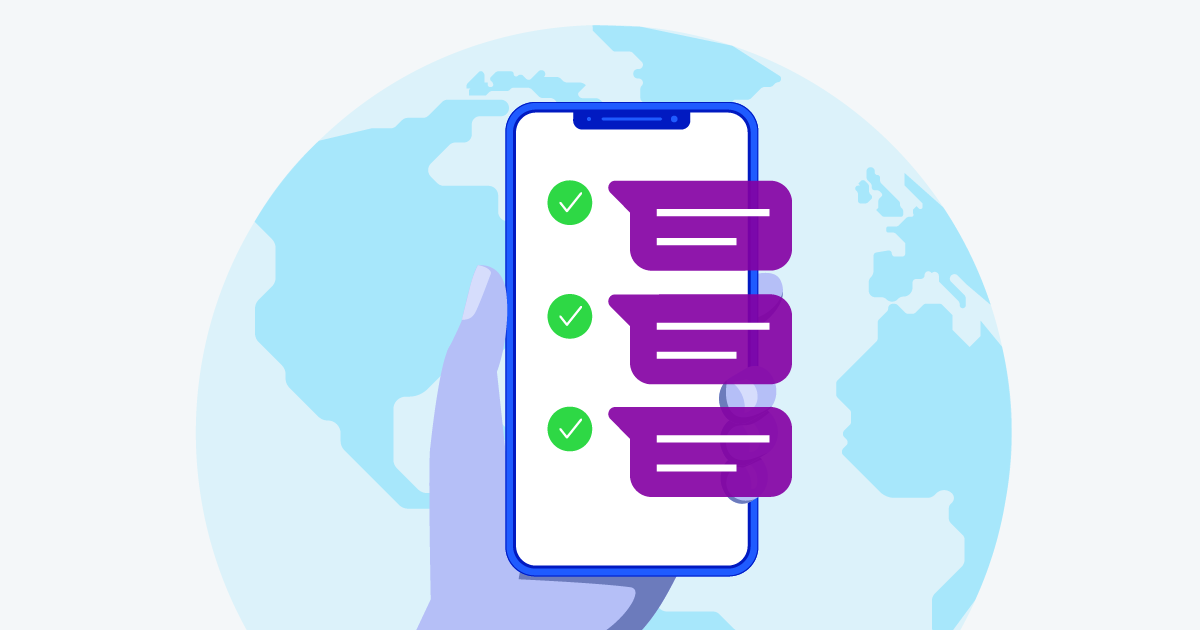
Online marketplace fraud affects more than the consumer – it impacts businesses as well, and this impact is growing in magnitude. The cost of eCommerce fraud per dollar increased from $2.40 to $3.36 in four years, from 2016-2020.
These digital platforms enable a one-to-one connection between sellers or service providers and consumers. And while the one-to-one connection is personal and straightforward, marketplaces are a complex web of buyers, sellers, resellers, contractors, and logistics providers.
At the heart of any good marketplace transaction is the promise to deliver a trusted, safe experience for buyers and sellers to interact. Because marketplaces rely on trust between buyer and seller–and fake users or merchants can ruin the marketplace experience and reputation–stopping these accounts before they cause damage is imperative to the ongoing success of online marketplaces.
Online marketplaces are booming, with an 18% increase in seller participation from 2017-2021. A growing market makes it vital to prevent fraud before it happens – or in other words, ensure you have an authentic, trusted community of real buyers and sellers devoid of fraudsters and fake accounts.
Negative impacts of fraud on a digital marketplace
The cost of fraud is impactful to all parties, but there are other negative consequences as well, such as:
- Increased friction for customers. People tend to stay away from ecommerce sites that require too many verification steps to complete a transaction.
- Weakened brand image. Perception is reality when it comes to the consumer. If a bad actor on your marketplace took advantage of a buyer or seller, your brand image will take a hit.
- Loss of customer confidence. 72% of consumers will break off all future marketplace use if they don’t receive their purchased item. It’s safe to say that having fake merchants running rampant on a marketplace is detrimental to a marketplace’s reputation and revenue.
- Legal liability. Though not always applicable, a primary concern for operators of online marketplaces is the potential to be held accountable for all fraudulent behaviors that occur on their platform. In some countries, legislation mandates that operators are directly responsible for fraud in the marketplace.
Fake users and merchants
Platforms that allow anonymous users are generally riskier for both buyers and sellers. And, while all transactions carry risk, anonymous online marketplaces are especially risky.
Not all online marketplaces are alike, and many are moving away from anonymous transactions. While the early days of marketplaces were much like anonymous classified ads, most communities now give buyers a chance to look at a seller’s history to make sure they’re conducting legitimate transactions. The seller can do the same with the buyer.
In addition to showing history and provenance, many marketplaces tie transactions to real account identities. However, accounts are only as good as the system used to verify ownership.
Quality verification: The first step to marketplace security
Verification is paramount to all digital ecosystems, but specifically in a marketplace. A trust anchor is established when building a person’s digital footprint at onboarding, and a de facto contract is signed. It says, ‘I am a real person, this is a real account, and my intentions on this platform are legitimate.’ Authentication ultimately puts sellers and buyers at ease and signifies the beginning of a trusted relationship.
There are many ways to defraud an online marketplace, from chargeback fraud to brute force account takeover. By verifying an account with a legitimate phone number at onboarding, the exposure for marketplace platforms is severely limited.
Once verification is squared away, it’s time to determine what type of people are quality users and which should or should not be allowed on the platform.
Identifying quality customers to prevent misuse
With the many ways people can verify themselves, it’s essential to have a system to sort out which ones entered your marketplace in good faith.
Bad actors often enter into agreements while circumventing verification by providing a dubious phone number, using burner phones, VoIP numbers, SIM cards that come directly from a SIM farm, and more. Taking one of these approaches may seem like a lot of effort for a fraudster, but the payoff can make it worthwhile.
For example, say that someone is selling a high-ticket item. If a fraudster registered on that marketplace using a VoIP number they procured online for free, then issued a chargeback when the merchandise arrives, their efforts would have been worth it.
Situations like this are why it’s essential to use a solution that discerns which customers are ‘good’ based on comprehensive checks of digital identities. The bottom line is that these marketplace platforms don’t want to admit these risky phone numbers onto the marketplace without receiving additional assurances.
Looking ahead
Digital identity solutions continue to be critical to an online marketplace’s success in decreasing the likelihood of fraud and increasing overall safety.
Thanks to the evolution of digital identity, phone numbers are a strong anchor to verify the authenticity of new buyers and sellers in marketplaces. Phone numbers are the best way to verify identity and safely send out notifications to both parties involved in a transaction.



